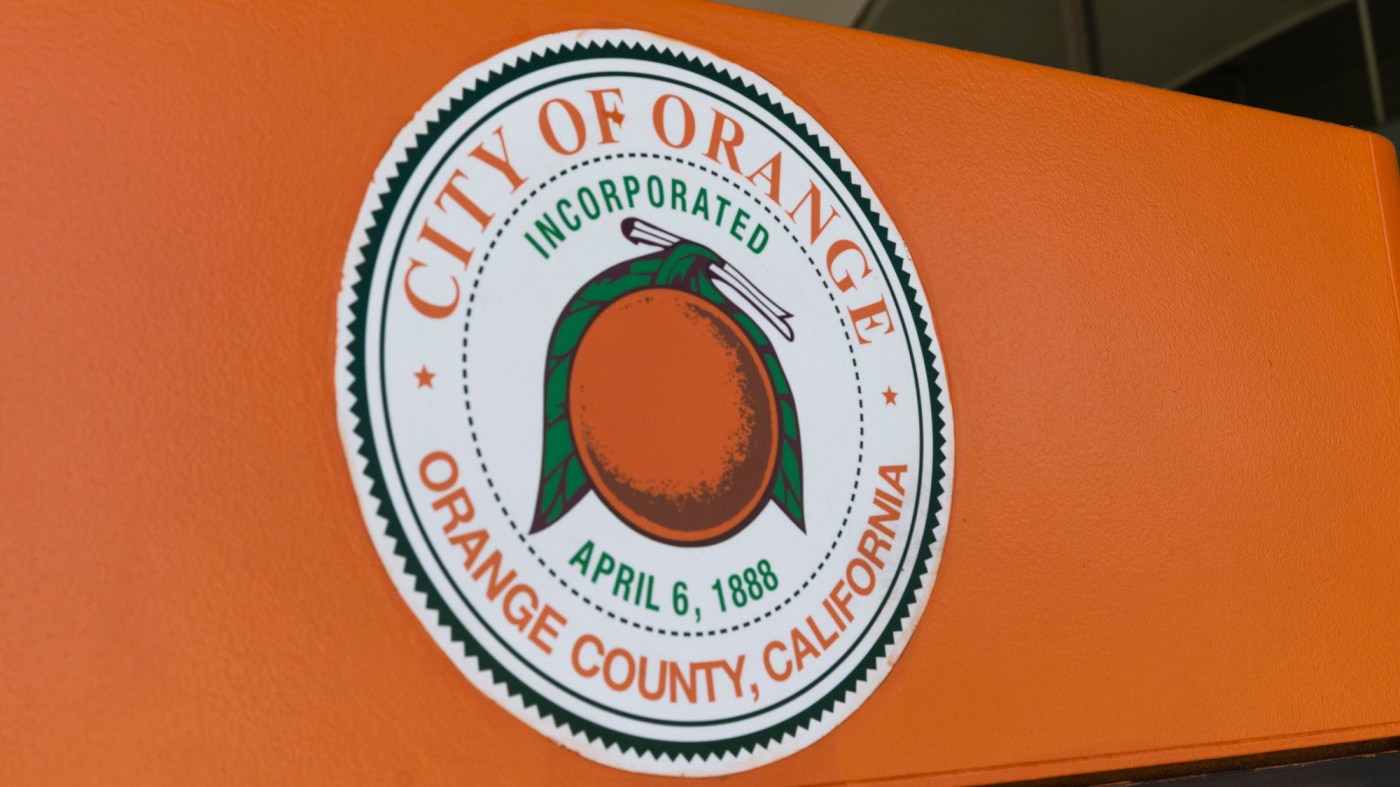Facing a looming fiscal crisis, Orange city leaders are making changes to the municipal code that would ease restrictions for restaurants to serve alcohol, aiming to cut red tape and support local economic growth.
The city is set to eliminate the conditional use permit requirement that restaurants must currently navigate in order to sell beer, wine or cocktails. That process requires planning commission approval, public hearings and often comes with high costs and uncertain timelines, according to city staff.
Instead, restaurants that meet the state’s definition of a “bona fide public eating place” and agree to a set of standardized operating rules would be able to apply for an administrative alcohol exemption permit. Councilmembers will need to vote a second time on Tuesday in support of the change for it to go into effect.
Only “bona fide public eating places” under state law — restaurants with a full kitchen that regularly serve meals — would qualify. Bars, taverns, nightclubs or restaurants that don’t meet the rules would still need a CUP and public review.
The proposal comes just weeks after accounting consultants warned councilmembers that the city is on track to bankruptcy in roughly three years unless they increase sales tax, slash general fund spending and bring in new businesses, which would result in new revenues for city coffers.
Consultants with Grant Thornton said without action, Orange would carry more than $40 million in debt by the end of 2031.
The proposed ordinance “will streamline the approval process for restaurants to offer alcohol service,” Arlen Beck, an associate planner with the city, told councilmembers during the Aug. 26 meeting. “The proposed ordinance would allow alcohol service as a permitted use for restaurants that agree to standardize special use regulations.”
Those regulations include limits on hours of operation, bans on live entertainment and dance floors. Restaurants must also show that food sales remain their primary source of revenue.
“Importantly, any business that does not wish to meet these conditions may still apply for traditional CUP,” Beck added.
Outdoor dining areas would not be allowed to serve alcohol within 100 feet of homes, schools, parks or churches if the area faces those “sensitive receptors.”
At the Aug. 26 meeting, the City Council voted 5-1 to introduce the ordinance, which included removing a ban on happy hour promotions. The original draft had prohibited restaurants from offering discounts such as “half off drinks” or “two-for-one specials.”
“Historically, our standard conditions of approval here in Orange have not allowed restaurants to provide happy hour discount drinks at a particular time,” said Russell Bunim, the city’s community development director. “Part of the recommendation to City Council was to eliminate that condition and allow restaurants to have drink specials for happy hours in the community.”
Councilmember Jon Dumitru, who cast the lone dissenting vote, said he supports streamlining the permitting process, but expressed concern that restaurants with past violations or denied applications shouldn’t receive a pass.
“The permit once issued stays with the property and not the ownership, and I wanted it to revert back to any type of oversight to ensure we are getting good operating restaurants and not just getting the permit and flipping the business,” he said.
Bunim said the ordinance would give restaurants previously denied an alcohol permit another chance, provided they agree to the new standardized conditions.
“Any restaurant that wants to operate under standard conditions of approval would be allowed to apply for the alcohol exemption permit,” he said. “If it became a problem … we would also work with our Police Department to do any investigations if there were any foul actors out there as well.”
Councilmember Ana Gutierrez said the change is a needed step to support businesses.
“I appreciate you thinking forward and trying to help our businesses, because we’re definitely hanging out that sign that we’re open for business,” she told Bunim.
Councilmember Denis Bilodeau recalled his own time on the Planning Commission, when he advocated removing the happy hour restriction for the Lazy Dog restaurant on Katella Avenue.
“That location had a series of failed restaurant ventures there, and when they came in for their alcohol permit, I actually advocated and took out the happy hour provision from their CUP, as the proprietor said that that was a critical tool they needed to attract customers,” Bilodeau said. “I think it’s a necessary tool that we have to have to allow proprietors to attract customers.”
